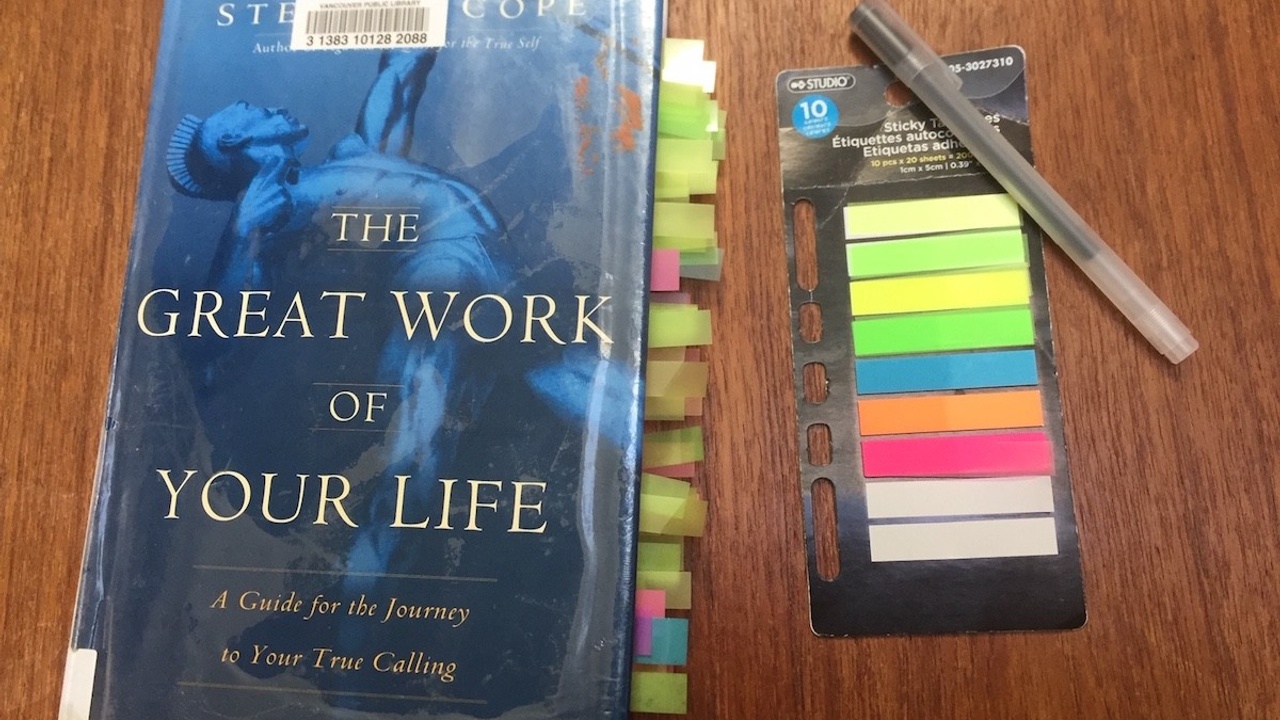
The Paradox of Legacy: Hint, Stop Trying!
Jul 09, 2019Ever since I was little, I’ve been thinking about my legacy. I fantasized about being remembered and acknowledged for doing great things for the world. I projected to the future and wondered what people would remember about me and what difference I will have made for others. In some ways this question has guided my whole life. I now see that perhaps I’ve been misled.
While, the original meaning of the word legacy was a gift of money or other kind of personal property or asset granted through a legal will, today the word is used more broadly. It can be defined as anything handed down from the past or any impact we’ve made on people and the world, that continues to exist after we stop working on that thing, or after we die. So you can see that legacy is a very expansive concept that includes tangible things like projects, money, and gardens as well as the impact you’ve made through your relationships and ways of being.
Your legacy is a reflection of your true nature and the gifts you give to the world.
In Stephen Cope’s book, The Great Work of Your Life, he explores the principles of the Bhagavad Gita as seen in the compelling lives of well-known people (including Jane Goodall, Henry David Thoreau, Walt Whitman, Robert Frost, John Keats, Susan Anthony, Harriette Tubman, Marion Woodman, Beethoven, Gandhi) and some regular folks.
The book is essentially about knowing and living your dharma, no matter how big or small.
The Sanskrit word dharma, Cope explains, “is so full of meaning that it is impossible to grasp its full scope through any single English translation.” One way to think about dharma is to see it as one’s true nature.
The book also refers to the importance of finding, naming, and mastering your gifts. “We may find these forms in sports, in the arts, in finance, in academia, in relationship building, in child-rearing—or, indeed, in stamp collection. But find them we must.”
Your dharma, combined with the gifts you give to the world, are your legacy. This begs the question o f how to live in order to leave the legacy you want.
If we live life worrying about our impact, perhaps we’re not living life at all.
Here we have a paradox. Cope learned that clinging or grasping of any kind prevents us from being fully present to the task at hand. His research pointed to the importance of nonattachment, what he refers to as “one of the most brilliant discoveries of the ancient yoga tradition.” None of the masters he featured in his book were creating or living with a personal outcome in mind.
Exploring the conundrum of letting go while holding on to and honouring who and what matter most can support us to make the most of our precious and finite time here on earth.
What about you?
What have you had to let go of in order to be your true self or offer your gifts freely to the world?



